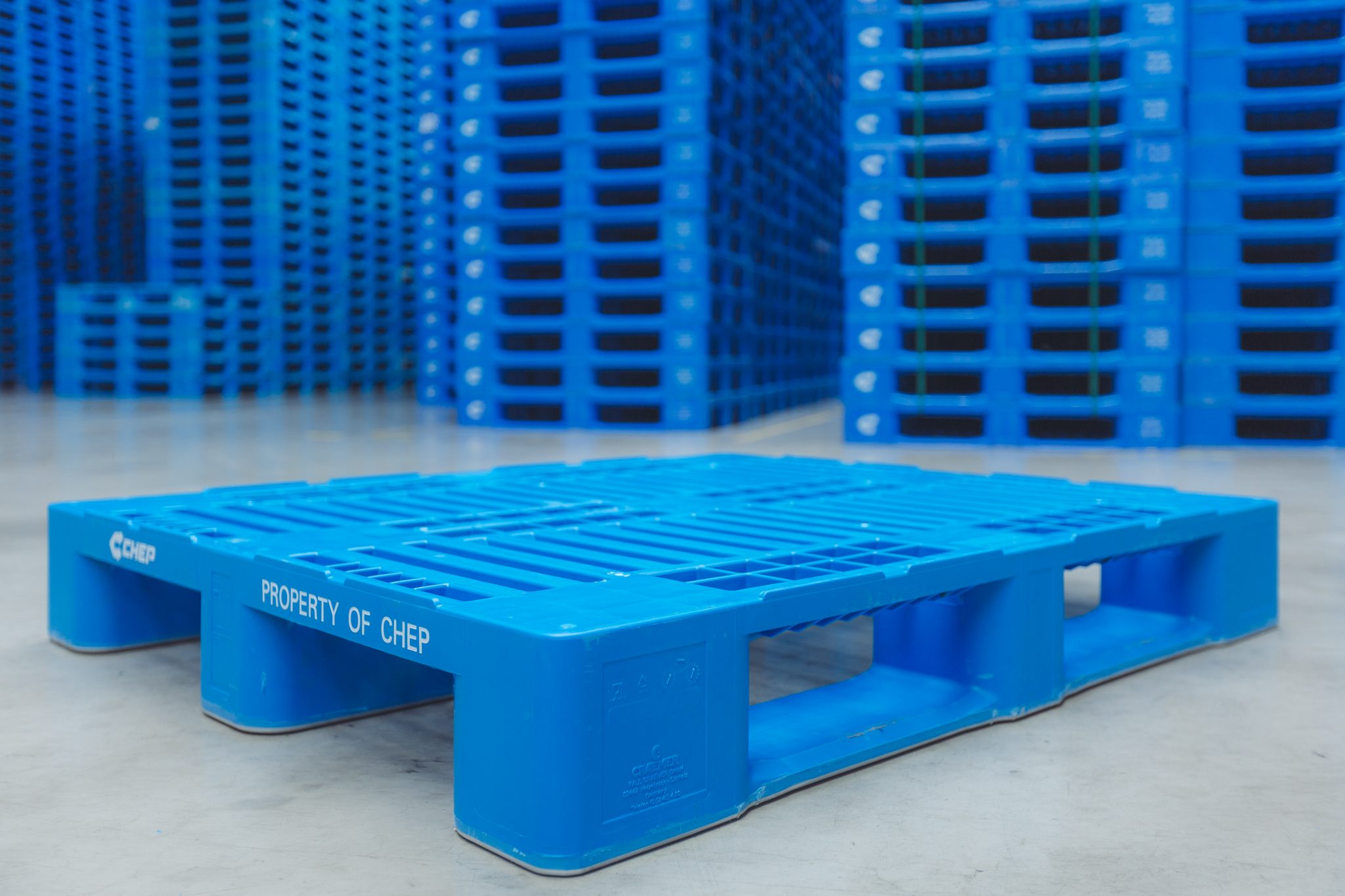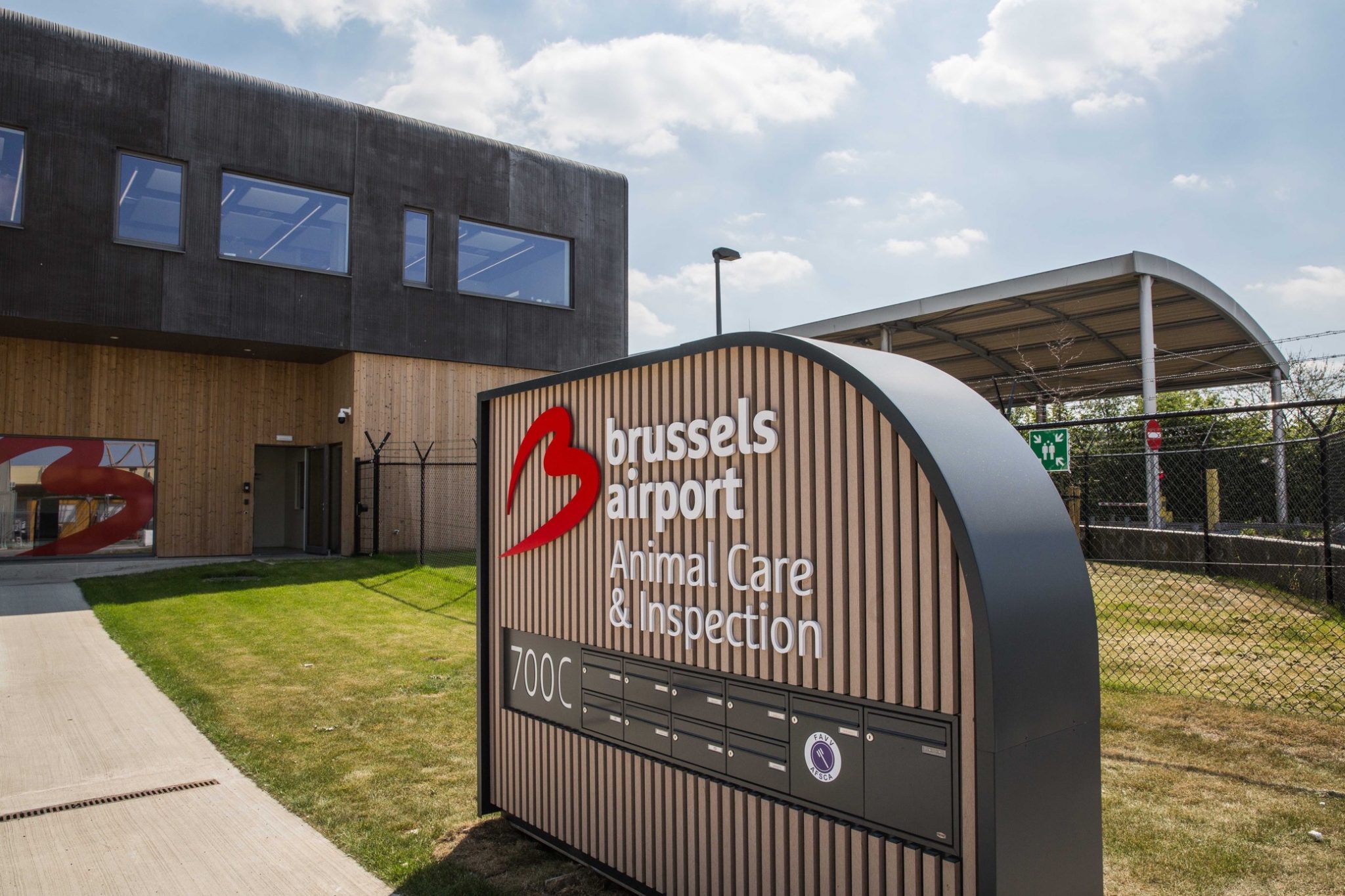FMCG and retail supply chain specialist CHEP says it now prides itself on being a reference model for the circular economy, as its business model is based on sharing and reusing their pallets throughout the supply chain. “In an ever-changing environment like today’s, where pallet availability is key to keep the supply chain moving, non-returned or destroyed pallets can have a very negative impact on the whole supply chain and ultimately on the end consumer,” it says.
To help CHEP maximise the benefit of its pooling solutions for the European industry and protect its pallets and other equipment, the company appointed Dominika Nosačková as Senior Manager, Regional Legal Counsel, and Susana Marquez, Asset Protection Manager Europe, bringing additional retail loss prevention experience from the European retail and second-hand goods trading industry. Both Dominika and Susana are joining a large team of Asset Protection and legal experts – all focused on working to protect the share and reuse economy by minimising losses.
The non-return, trading or destruction of pallets in order to use the raw material for a new purpose may appear to be of little importance – or even a good thing – but as CHEP’s pallets are part of a share and reuse model, any pallets that are stolen or destroyed undermine the positive impact that this circular model has on the whole industry.
CHEP’s trademark blue pallets, which are the same colour all over the world where they operate, are legally owned by CHEP and never sold to any third party. CHEP’s business model requires that this equipment is returned to the company so that it can be checked, cleansed, refurbished and then reused by other customers. Non-returning of CHEP pallets is therefore a legal infringement that can lead to legal action to recover those pallets.
John Riley, Director, Asset Productivity, CHEP Europe: “As pioneers of the circular economy, we are proud to be recognised by Barrons as the most sustainable company globally. We are passionate about protecting our pallets, and other assets, so that they can fulfil our customers’ needs.”
“During recent months CHEP has proven to be an essential service that has supported the supply of food, beverage and other basic goods into the supermarkets. Protecting our assets has never been so important. Unreturned CHEP pallets not only have a negative impact on the environment, but they also add costs to producers, retailers and ultimately the end consumers.”
Dan Berry, Vice President, Regional General Counsel, Europe added: “We have incredibly strong legal grounds to seek recovery of our pallets, and are using every option available to us, including the criminal legal system, to make sure that we get those pallets back and use the full force of the law to deter anyone from abusing our ownership rights in the future.”
CHEP’s pallets are easy to spot thanks to their distinctive blue colour and the fact that their name, trademark and legal title messages are printed on each pallet as well. Moreover, the collection of CHEP pallets is easy to arrange and is free. CHEP takes care of it and has made this service easy to access via a public contact page






